By: Chamindri Liyanage
“… the Appellants’ fundamental right to equal treatment and to the equal protection of the law also entitled them to notice and a hearing.”
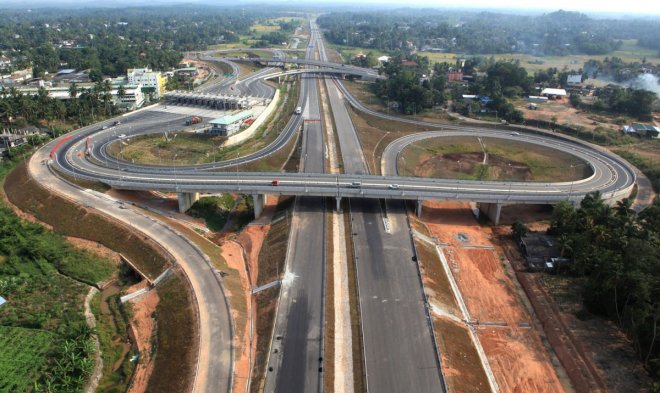
Background
The Southern Expressway (EO1) that connects the city of Colombo with Galle and Matara is the first expressway built in Sri Lanka. The purpose of the expressway project was to integrate the southern region into the economic mainstream of Sri Lanka and to improve the living conditions of the residents in the southern region.
- Project – Southern Transport Development Project
- Nature – Construction of an expressway. Approximately 128 kilometers (km)
- Funders – Asian Development Bank (ADB), Japan Bank for International Cooperation (JBIC)
- Project Proponent – Road Development Authority
- Project Approving Agency – Central Environmental Authority
The project was first proposed in the 1980’s and a Feasibility Study was prepared in 1997 by the Road Development Authority (RDA). Based on the TOR issued by the Central Environmental Authority (CEA), an Environmental Impact Assessment Report (EIA) was submitted by the RDA in 1999.
In the EIA report, two traces for the project were recognized namely,
- Original Trace
- Combined Trace
In terms of the National Environmental Act, No. 47 of 1980 as amended (NEA), the public was given an opportunity to check the EIA report and to submit their comments. Parties who were affected by the construction of the expressway based on the ‘Original Trace’ and the ‘Combined Trace’ submitted their comments and raised their concerns.
In November 1999, CEA granted conditional approval to the project and directed the RDA to move the ‘Final Trace’ in order to avoid traversing certain sensitive areas. Thereafter, RDA prepared a ‘Final Trace’ for the project but failed to consult the CEA and to give notice or a hearing to the public that would be affected by the ‘Final Trace’.
As a result, numerous cases were filed by aggrieved public in the courts of Sri Lanka and a final decision was delivered by the Supreme Court in 2004.
Heather Therese Mundy v Central Environmental Authority and Others
Residents who were aggrieved by the RDA’s decision to build the expressway according to the ‘Final Trace’, filed actions in the Court of Appeal. The Court observed that the ‘Final Trace’ was not considered in the EIA and that the ‘Final Trace’ was not an alteration that would come under section 23 EE of the NEA. In the exercise of its discretionary powers, the Court dismissed the applications.
Thereafter, the residents appealed to the Supreme Court. Residents argued that they were not given an opportunity by the RDA to raise their concerns and the deviation from the initial traces amounted to an alteration in terms of Section 23 EE of the NEA, and thus required the submission of a new EIA report. RDA argued that the CEA approval granted to the EIA in 1999 was sufficient to cover the ‘Final Trace’ as well.
The Supreme Court held that,
- The approval given by the CEA in 1999, was based on the initial traces and the ‘Final Trace’ was not in contemplation when such approval was granted. Therefore, the approval given by CEA in 1999 did not extend to the ‘Final Trace’.
- The CEA was under a duty to consider the ‘Final Trace’ exactly as the initial traces. CEA was not empowered to delegate their power and duty to any other body, and least of all to the project proponent itself – for that would make the project proponent the sole and final judge in its own cause.
- The move away from the initial traces to the ‘Final Trace’ was an alteration in terms of Section 23EE of the NEA, and thus required the RDA to submit a supplemental report to the CEA and to obtain relevant approvals.
- The deviation from the initial traces was substantial as it adversely affected the Appellants and their property rights.
- In terms of the principles of Natural Justice and the fundamental rights to equal treatment and equal protection of the law, the residents were entitled to a notice and a hearing prior to RDA having adopted the ‘Final Trace’.
- The Appellants were granted compensation by the Court for the infringement of their rights under Article 12(1) of the Constitution and the principles of natural justice.
In the case, the Supreme Court recognized the importance of public participation in the EIA process and the important role played by Project Approving Agencies such as CEA in ensuring that all environmental, socio-economic and cultural issues are duly addressed and mitigated by the project.

Aftermath
The construction of the expressway project began in 2003 and was completed by 2014. Although the project was initiated in 1997, it took several years to complete the project. The insufficient consideration given to the environmental impact assessment process caused the project to be delayed for years. The inadequate attention given to public concerns violated the laws and created social issues with regard to the project.
According to the ADB report titled “Lessons from ADB Transport Projects: Moving Goods, Connecting People, and Disseminating Knowledge (2017)”, 1295 households had to be resettled as a result of the expressway project. In 2005, RDA conducted a project with the assistance of community groups and Civil Society Organizations to resettle and compensate the families that were affected by the project.
P. Sarojini in her study titled “Socio-Economic implications on Southern Highway Project: Special reference to evicted people” observed that the large number of displacements and resettlements due to the project has caused several social implications to the evicted people. These include: landlessness, physical and psychological marginalization, social insecurity, the loss of social and cultural value of ancestral homes and the breakdown of livelihoods.
List of References
- Asian Development Bank – Lessons from ADB Transport Projects: Moving Goods, Connecting People, and Disseminating Knowledge (https://www.adb.org/documents/lessons-adb-transport-projects-moving-goods-connecting-people-disseminating-knowledge)
- Asian Development Bank, Sri Lanka: Southern Transport Development (https://www.adb.org/projects/26522-013/main#project-pds)
- Expressway Operation, Maintenance and Management Division – Road Development Authority – Sri Lanka (http://www.exway.rda.gov.lk/index.php?page=eommd)
- Heather Therese Mundy v Central Environmental Authority and Others (SC Appeal No. 58/2003, SC Appeal No. 59/2003 , SC Appeal No. 60/2003)
- P. Sarojini – Socio-Economic Implications on Southern Highway Project: Special reference to evicted people (http://ir.kdu.ac.lk/handle/345/1625)
- Summary – Environmental Impact Assessment (https://www.adb.org/sites/default/files/project-document/78413/southtransport.pdf)

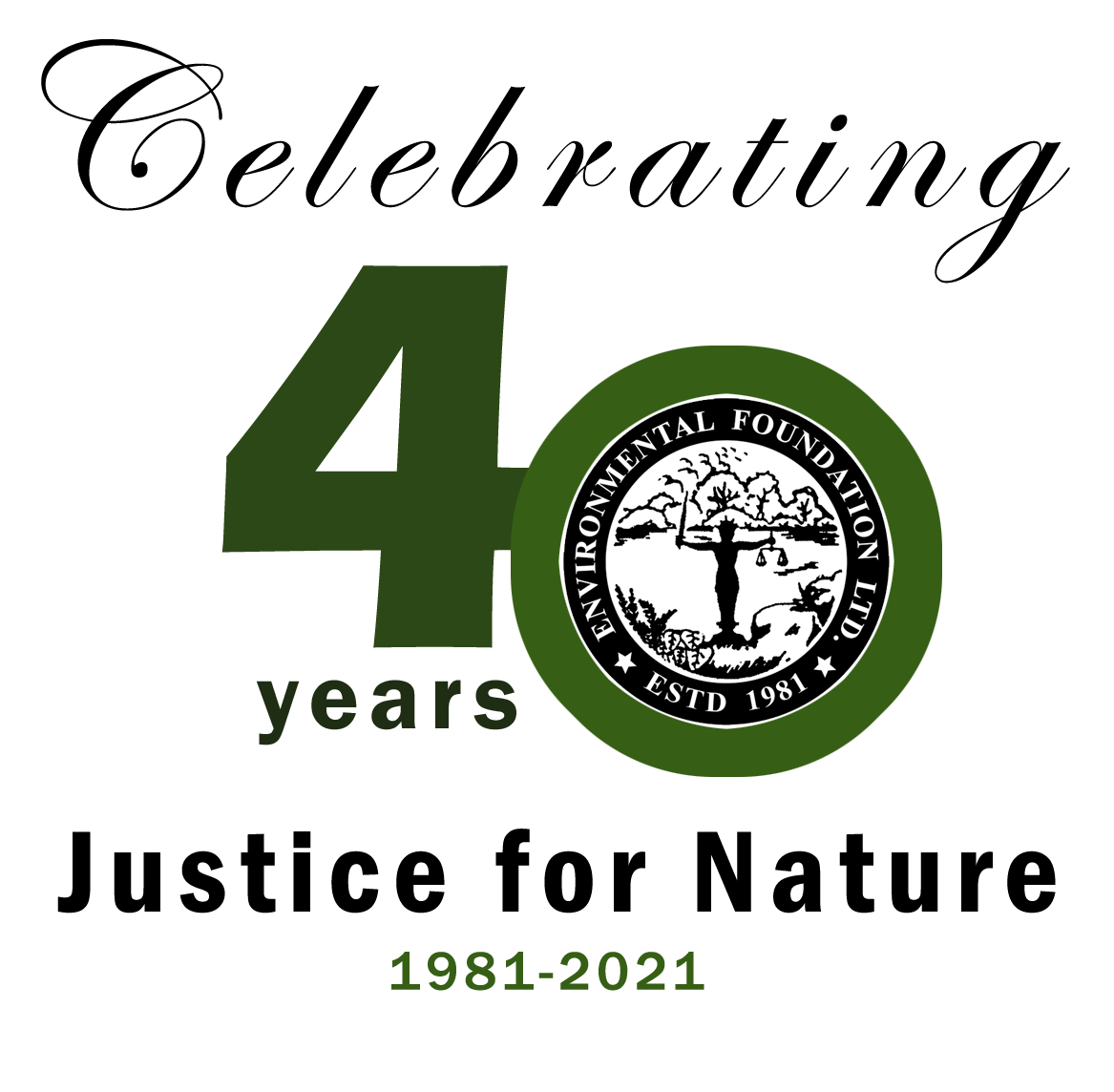

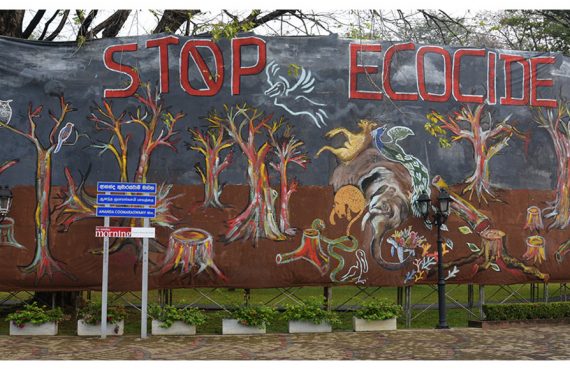

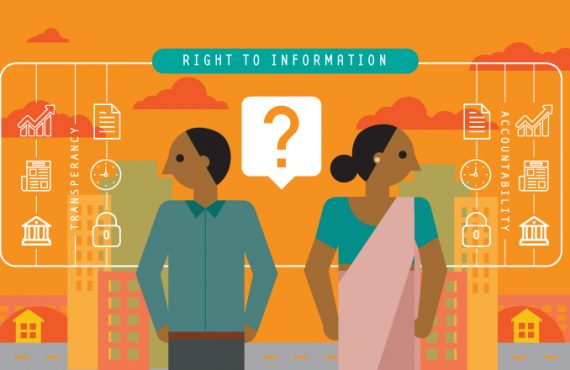



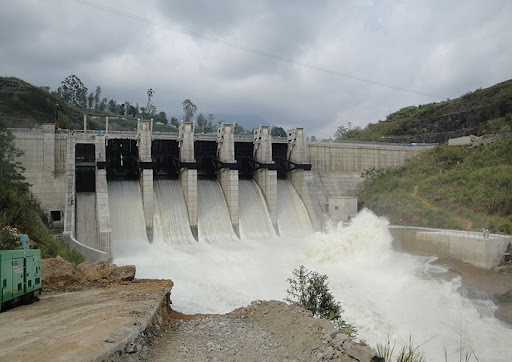

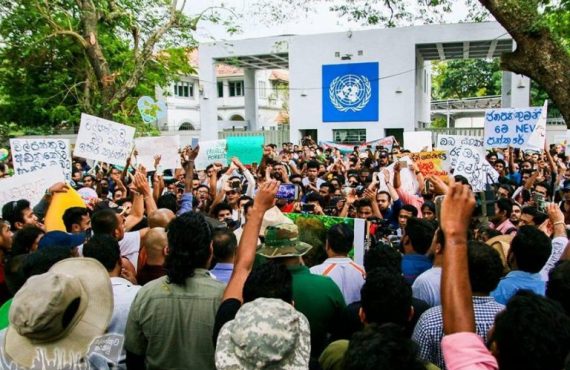

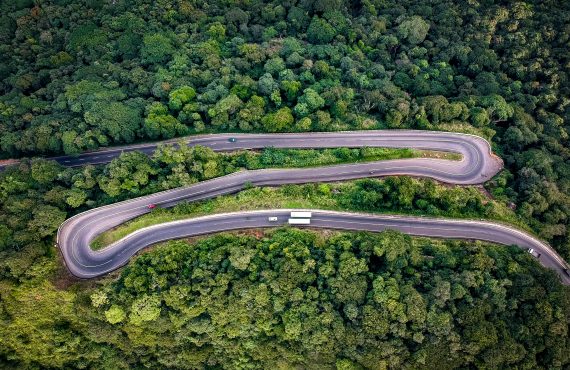




No comments yet.